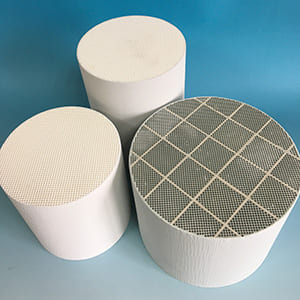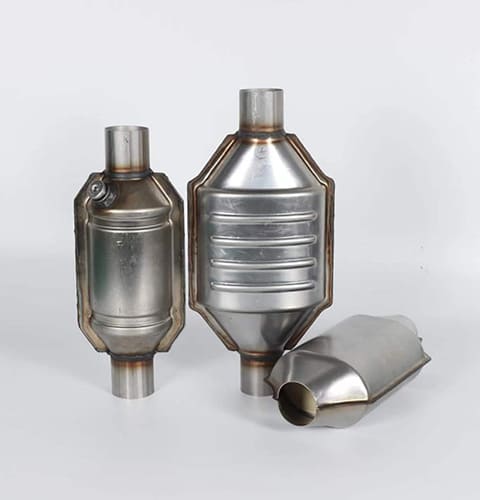How essential are Diesel Particulate Filters (DPFs) in today’s industries? Which vehicles and machines rely on them to meet strict emission standards? If your business deals with diesel-powered machinery, understanding the various applications of DPFs is crucial.
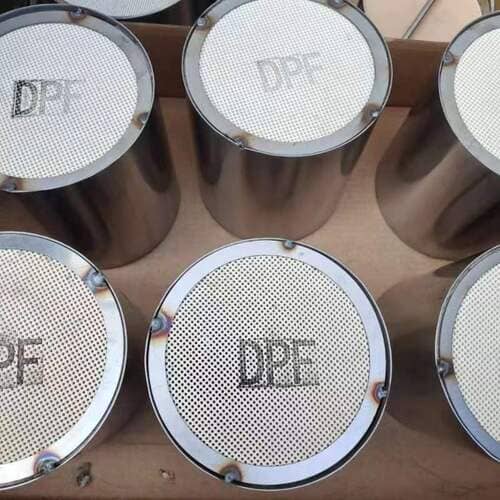
So, what is the main role of a DPF?
A DPF is designed to capture and reduce harmful particulate matter (PM)—mostly soot—from the exhaust emissions of diesel engines. These filters are required to comply with global emission regulations, including Euro 6, Tier 4 Final, and EPA standards. DPFs find applications across multiple sectors, such as automotive, construction, agriculture, marine, and power generation. Let’s explore their specific uses.
Where Are DPFs Used?
1. Automotive Industry
DPFs are widely used in passenger cars, SUVs, and light-duty trucks running on diesel engines. Regulatory mandates across regions like the European Union and California require diesel vehicles to meet low particulate emission limits, making DPFs mandatory.
- Passenger cars: Compact and mid-size diesel vehicles must be equipped with DPFs.
- Commercial vans and light trucks: Designed to reduce emissions for urban delivery and transport fleets.
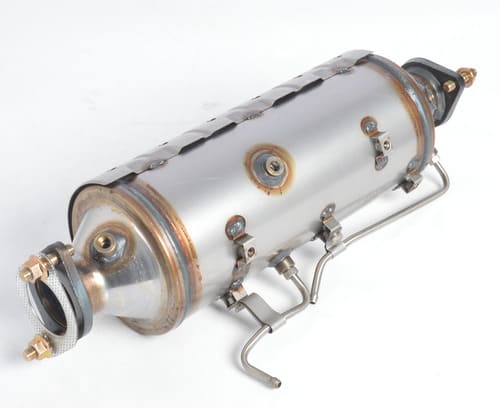
2. Heavy-Duty Vehicles and Fleets
DPFs play a critical role in buses, trucks, and off-highway vehicles. In particular, long-haul trucks and urban buses rely on these filters to reduce soot emissions and meet EPA and Euro VI standards.
- Freight trucks: DPFs ensure compliance during cross-border operations.
- Municipal buses: Help reduce pollution in cities with strict air quality regulations.
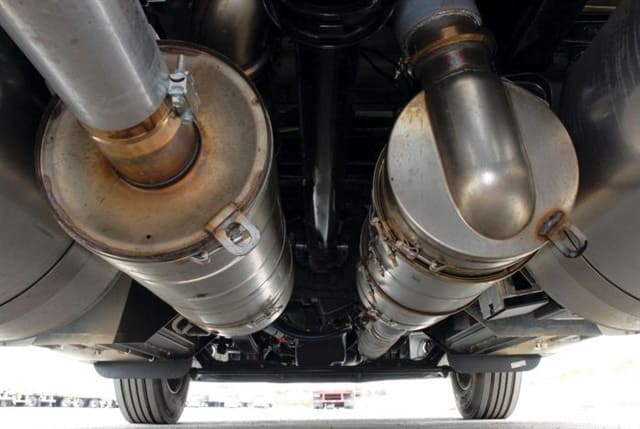
3. Construction Equipment
In the construction industry, diesel engines power a wide range of machinery, including excavators, bulldozers, loaders, and cranes. These engines emit significant particulate matter, making DPFs essential to meet Tier 4 Final or Stage V standards.
- Excavators and loaders: DPFs minimize emissions from engines operating for long hours.
- Cranes and backhoes: Ensure compliance with emission limits on construction sites.
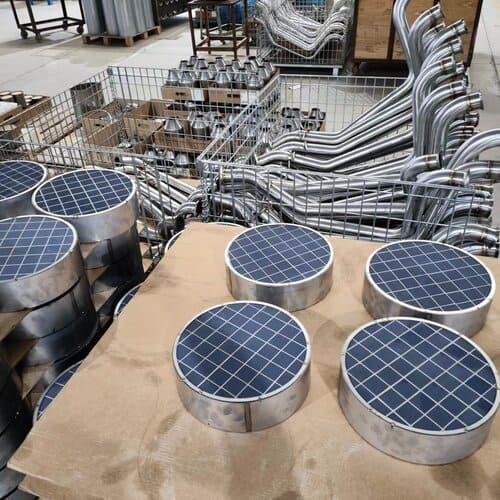
4. Agricultural Machinery
Tractors, harvesters, and other agricultural equipment rely heavily on diesel engines, especially for large-scale farming operations. DPFs are installed to meet stringent air quality standards and avoid penalties for non-compliance.
- Tractors and combines: Ensure sustainable agricultural practices by reducing air pollution.
- Irrigation engines: Diesel-powered pumps and engines meet compliance through DPFs.
5. Marine Applications
Boats, yachts, and small ships running on diesel are increasingly required to meet marine emission standards. DPFs help these vessels control soot emissions to comply with regulations such as MARPOL Annex VI.
- Passenger ferries: Improve air quality in port areas.
- Diesel yachts and workboats: Meet environmental standards without compromising engine performance.
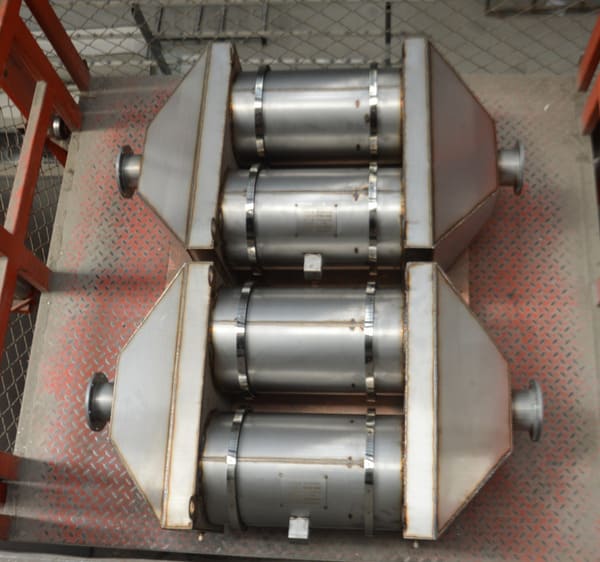
6. Power Generation and Industrial Applications
In power generation, diesel generators serve as backup power sources for hospitals, data centers, and factories. DPFs are critical for controlling emissions in these facilities, particularly when located in urban or regulated areas.
- Diesel generators: Reduce emissions in emergency power systems.
- Industrial engines: Meet emission rules in factories using diesel-powered equipment.
7. Mining Equipment
Underground mining equipment, such as drills and loaders, must operate in confined spaces. DPFs are essential to protect workers from harmful emissions by reducing soot and other particulates in the air.
- Drills and haul trucks: Ensure compliance with health and safety standards.
- Loaders and utility vehicles: Keep emissions low within mines and tunnels.
Why Are DPFs Crucial for These Applications?
Diesel engines are known for their durability and fuel efficiency, which makes them widely used in industries. However, they produce harmful particulate emissions that contribute to air pollution and health risks.
The installation of DPFs ensures that industries remain compliant with increasingly strict environmental laws. DPFs not only improve air quality but also extend the life of diesel engines by optimizing exhaust flow and preventing soot buildup.

Conclusion
Diesel Particulate Filters are essential across a variety of industries, from automotive to power generation and construction to agriculture. Their primary role is to capture harmful soot emissions, ensuring compliance with local and international emission regulations. By using DPFs, businesses not only adhere to environmental standards but also improve operational efficiency and reduce health risks.
For companies managing large fleets or industrial machinery, regular DPF maintenance and cleaning are vital to extending filter life and maintaining optimal performance. DPF technology continues to evolve, helping industries reduce their environmental impact and meet sustainability goals.

